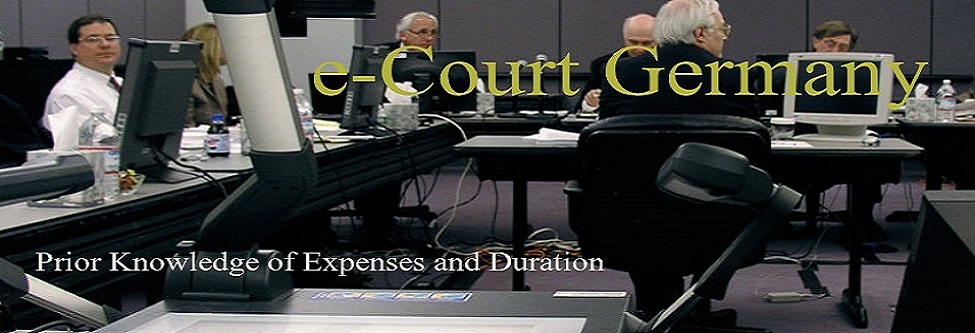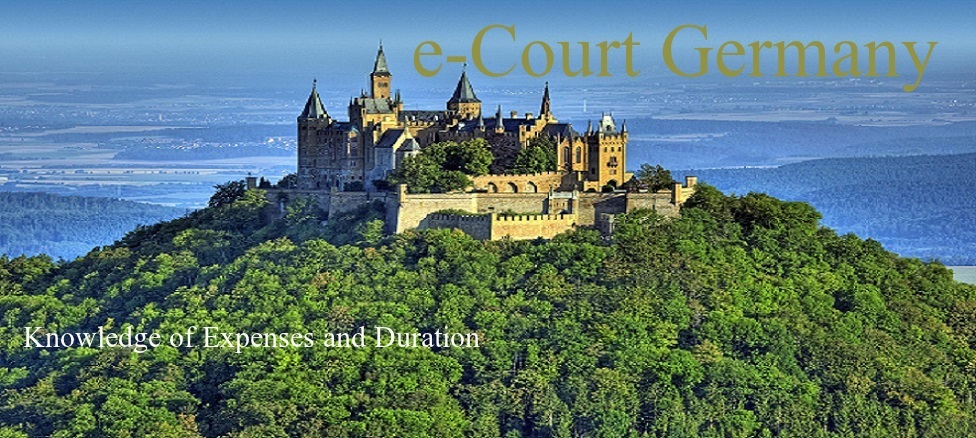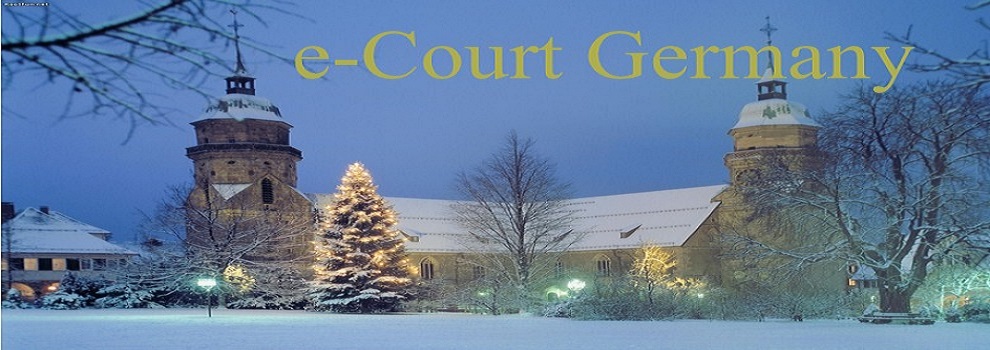Germany has a long and positive history with arbitration. As early as 1877, the German Civil Code of Procedure (ZPO) contained provisions regulating arbitration, and given the importance of Germany for international trade in its multiple economic centres (including Hamburg, currently the second largest port in Europe), arbitration has long been utilised by both German parties and parties doing business in Germany.
Given this strong tradition, it will come as no surprise to learn that German parties are big users of international arbitration, and the number continues to grow. In ICC statistics, German parties are consistently ranked the largest nationality of parties to arbitration proceedings. In the most recent statistical report from the ICC, German parties were the largest European users of international arbitration, and second only to the United States of America overall (see ICC 2013 Statistical Report in ICC International Court of Arbitration Bulletin Vol 24(1) 2013, pp 8-9).
In the same vein, German arbitrators are very much in demand to preside over arbitral disputes and are ranking within the best of their class at international level and ensure efficient and well-structured proceedings. German arbitrators are consistently and frequently chosen as arbitrators, and are in recent ICC statistics the most popular nationality together with British, French, American and Swiss arbitrators. Most recently, and even more interestingly, a German national is chairing one of the first CIETAC arbitral tribunals composed entirely of non-Chinese arbitrators (see Global Arbitration Review “CIETAC opens door to non-Chinese panels” Thursday, 18 July 2013). Many but not all German arbitrators also act as counsel. Spread across Germany, there is a strong community of incredibly skilled counsel from arbitration boutique firms and typical national and international law firms that are involved in arbitration proceedings as party representative all around the globe. German counsel typically use lean teams which are internationally experienced, and highly competitive at the international level.
While German parties are frequent users of arbitration, law firms deeply involved in international cases, and German arbitrators are highly sought after, the number of arbitrations seated in Germany is somewhat limited. According to ICC statistics, only 19 arbitration proceedings were seated in Germany in 2012, and Frankfurt was the only German city to be listed on the top 10 cities selected for arbitration proceedings (see ICC 2013 Statistical Report in the ICC International Court of Arbitration Bulletin Vol 24(1) 2013, p 14). These results are not surprising given the number of German parties involved in arbitration proceedings: parties tend to select a “neutral” venue for their proceedings, and as such it is less often that an arbitral proceeding involving a German party would therefore be seated in Germany. However, in terms of recent arbitration activity in Germany itself, the German Institution for Arbitration (DIS) continues to grow its caseload, with 125 cases registered in 2012 (see DIS Statistics 2012: www.dis-arb.de). DIS provides effective and speedy dispute resolution, with many cases completed in 12 to 18 months from the date of filing, and at reasonable rates. It should be noted that the German Court of Arbitration for Sport is also attached to the DIS.
Though the number of arbitrations seated in Germany may be comparatively low for the time being, this is expected to change. Germany has a great number of cities available to host an arbitral proceeding. Whereas other countries have a single city representing arbitration, such as London and Paris, Germany has strong arbitral centres in, to name but a few, Düsseldorf, Frankfurt, Berlin, Stuttgart, Hamburg and Munich, and these cities “compete” for arbitral proceedings. The fact that there is no synonym city for arbitration but only “Arbitration made in Germany” is reflective of Germany’s federal system, and may contribute to the low German-city rankings. All of these German cities are well connected to transport links, have facilities and infrastructure available to host arbitral proceedings, and in this respect can be considerably less expensive than arbitral proceedings based in the standard international arbitration hot spots. As such, it is expected that Germany will increasingly host greater numbers of arbitral proceedings.
Legal infrastructure of arbitration in Germany
As noted above, Germany has a long tradition of arbitration, and the ZPO provided support to arbitration even prior to the implementation of the UNCITRAL Model Law in 1998. As a Model Law country, arbitration in Germany is reliable, consistent and without any nasty surprises for non-German parties who are otherwise unfamiliar with German law. The ZPO incorporates provisions of the New York Convention on the enforcement of arbitral awards.
Whilst Germany is a Model Law country, there is one fairly unique aspect of German arbitration law that should be particularly enticing to those who wish to enforce arbitral awards in Germany. Section 1063(3) of the ZPO allows an enforcing party to make an application, to secure (or freeze) the German assets of the losing party (up to the value of the arbitral award) prior to official service of the award. The Higher Regional Court (OLG) in Frankfurt recently confirmed that, for a successful application under section 1063(3) of the ZPO, the winning party need only show that the debtor has assets in Germany, bank accounts in particular, that could be easily moved out of the jurisdiction, and that the creditor knows of no other immoveable assets in Germany that could be used to satisfy the award (see OLG Frankfurt, case no. 26 SchH 12/09, order dated 8 December 2009).
German courts are arbitration-friendly and can be relied upon to uphold, recognise, and enforce awards where requested to do so. The different regional OLG courts, which are competent for enforcement procedures, have set up special senates dedicated to arbitration matters in order to streamline competence. Further, there is generally, if at all, only one further instance of appeal at the Federal High Court. An appeal must be particularly admitted, which is rarely the case only if the matter is of fundamental importance. The mostly unique instance with the OLG ensures quick final decisions and eventually attributes legal security to the parties.
The OLG Munich upheld a Swiss DIS award for which recognition and enforcement was sought in Germany. The Court confirmed, in line with international practice, the principle of finality of arbitral proceedings, noting that enforcement courts will not review the merits of an arbitral award (see Germany No. 145, Joint Stock Company A v Joint Stock Company B Higher Regional Court of Munich, 34 Sch 10/11, 14 November 2011, reported in YBCA 2012 Vol XXXVII Volume 37 (Kluwer Law International) pp 231-233). The OLG Naumburg, in dealing with an application concerning an ICC award made in Zurich, confirmed that allegations of due process must be sufficiently serious and warranted to refuse recognition and enforcement (see Germany No. 143, Liquidator of Company A v Company B Higher Regional Court of Naumburg, 10 Sch 04/10, 4 March 2011, reported in YBCA 2012 Vol XXXVII Volume 37 (Kluwer Law International) pp 226-228). Accordingly, it is clear that German courts continue to act in line with international practice in terms of protecting the principle of the finality of the arbitral award.
Read more »

















